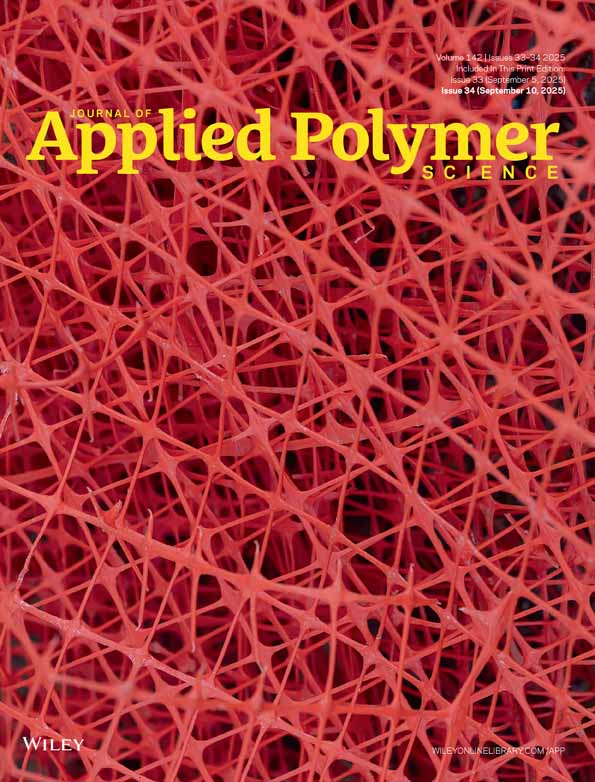Amphiphilic styrene–acrylic acid copolymers from the free-radical retrograde-precipitation polymerization (FRRPP) process
Abstract
The free-radical retrograde-precipitation polymerization (or FRRPP) process, a free-radical polymerization that occurs above the lower critical solution temperature (LCST), was extended to copolymer formation. Control over the rate of polymerization and entrapment of polymer radicals in the FRRPP process was used to generate tapered styrene–acrylic acid block copolymers. To show the effectiveness of the FRRPP process, the same procedure was used with solvents that are not LCST-based precipitants for the polymer. Kinetic data show substantial chain termination in non-FRRPP copolymerization systems. Molecular weight information also shows propagation control in the FRRPP system. Solubilization and emulsification studies also indicate the capability of the FRRPP system in generating a much higher proportion of amphiphilic tapered block copolymers in the solid product. © 2003 Wiley Periodicals, Inc. J Appl Polym Sci 89: 426–431, 2003




